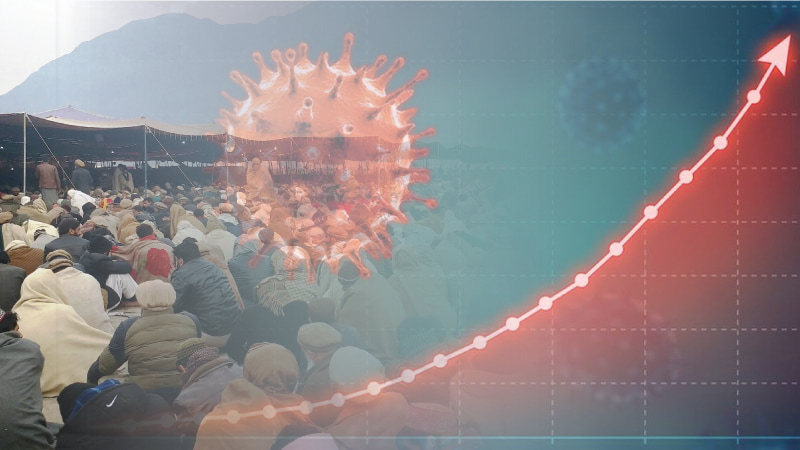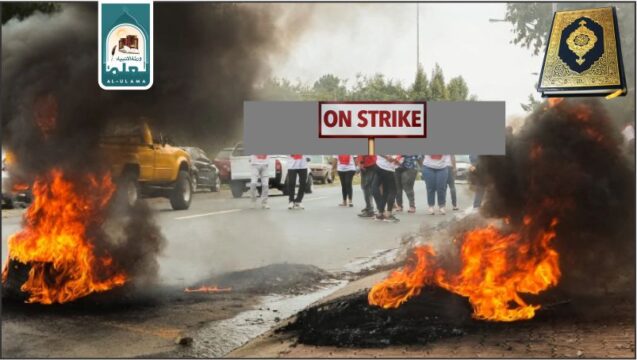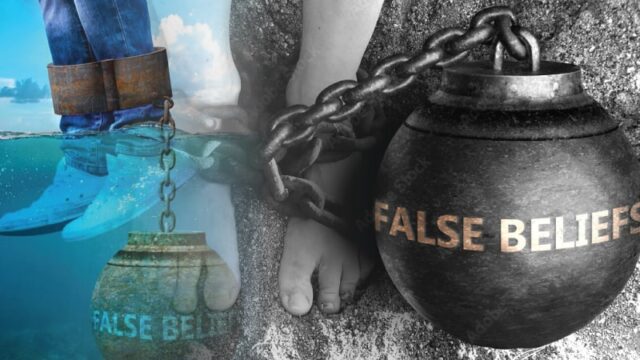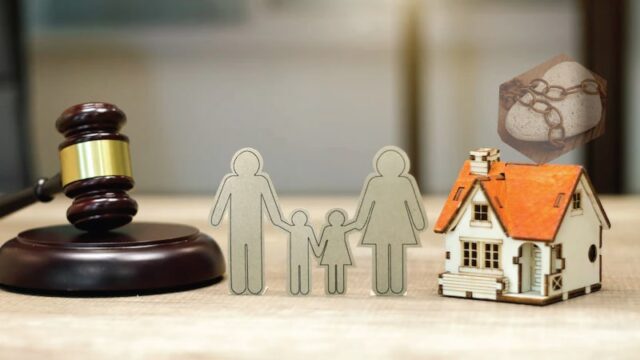Question
Assalam-o-Alaikum, does Islam have a concept of congregational du’aa and repentance at the time of trials and pandemic?
Answer
Wa Alaykum al-Salaam wa Rehmatullaah wa Barakaatuh
No doubt, trials and tribulations are a result of our actions. Allaah Ta’ala says:
{وَمَا أَصَابَكُمْ مِنْ مُصِيبَةٍ فَبِمَا كَسَبَتْ أَيْدِيكُمْ وَيَعْفُو عَنْ كَثِيرٍ* وَمَا أَنْتُمْ بِمُعْجِزِينَ فِي الْأَرْضِ وَمَا لَكُمْ مِنْ دُونِ اللَّهِ مِنْ وَلِيٍّ وَلَا نَصِيرٍ}
“Whatever hardship befalls you is because of what your own hands have committed, while He overlooks many (of your faults). You can never escape Him on earth, nor do you have any protector or helper besides Allah.”
(Al-Shoora: 30-31)
In another place, Allaah says:
{ظَهَرَ الْفَسَادُ فِي الْبَرِّ وَالْبَحْرِ بِمَا كَسَبَتْ أَيْدِي النَّاسِ لِيُذِيقَهُمْ بَعْضَ الَّذِي عَمِلُوا لَعَلَّهُمْ يَرْجِعُونَ}
“Calamities have appeared on land and sea because of what the hands of the people have earned, so that He (Allah) makes them taste some of what they did, in order that they may return (to the right way).”
(Al-Rum: 41)
In Soorah Tawbah, He said:
{أَوَلَا يَرَوْنَ أَنَّهُمْ يُفْتَنُونَ فِي كُلِّ عَامٍ مَرَّةً أَوْ مَرَّتَيْنِ ثُمَّ لَا يَتُوبُونَ وَلَا هُمْ يَذَّكَّرُون}
“Do they not see that they are tried once or twice every year? Yet they neither repent nor do they learn a lesson.”
(At-Tawbah: 126)
While describing the state of the earlier nations, Allaah the Lord of the Universe says:
{فَلَوْلَا إِذْ جَاءَهُمْ بَأْسُنَا تَضَرَّعُوا وَلَكِنْ قَسَتْ قُلُوبُهُمْ وَزَيَّنَ لَهُمُ الشَّيْطَانُ مَا كَانُوا يَعْمَلُون}
“Why did they not humble themselves when We made them suffer? Instead, their hearts were hardened, and Satan made their misdeeds appealing to them.”
(Al-An’aam: 43)
Therefore, repentance and seeking forgiveness at the time of a trial or pandemic is extremely important. However, the sharee’ah has not endorsed the concept of congregational du’aa or conventional repentance on such occasions.
Instead, things that should be done or taken under consideration as soon as possible on such occasions are as follows:
- Elimination of Usury
- Eradication of obscenity and immorality
- Termination of Corruption
- Abundance of Istighfaar (seeking forgiveness)
- Persistence in humility and du’aa
- Avoiding dishonesty
- Rulers should act after consulting with the scholars
- Consistently upholding Qunoot Naazilah (Special supplication made at the time of calamity during prayer) collectively or individually.
- Abundance of collective and individual acts of charity
- Heading towards the mosques while adhering to the safety guidelines
- Enforcing the safety guidelines impartially and equally.
- Accurately implementing the system of Salaah and Zakaah.
- From the head of the household to the head of an organization, every superior in all categories must avoid causing harm and injustice to those under him.
And we end with our statement that all praise is due to Allaah the Lord of the ‘Alameen.
Noble Muftis
His eminence Shaykh Abu Muhammad AbdusSattar Hammad (may Allaah protect him) (President of the Lajnah)
His eminence Shaykh Abdul Haleem Bilal (may Allaah protect him)
His eminence Shaykh Javaid Iqbal Siyalkoti (may Allaah protect him)
His eminence Shaykh Abdur Rahmaan Yoosuf Madani (may Allaah protect him)
His eminence Shaykh Doctor Haafiz Ishaaq Zaahid (may Allaah protect him)
Note
This is a translation of the original text of the fatwa which was issued in the Urdu language.
Translator: Raza Hasan

















